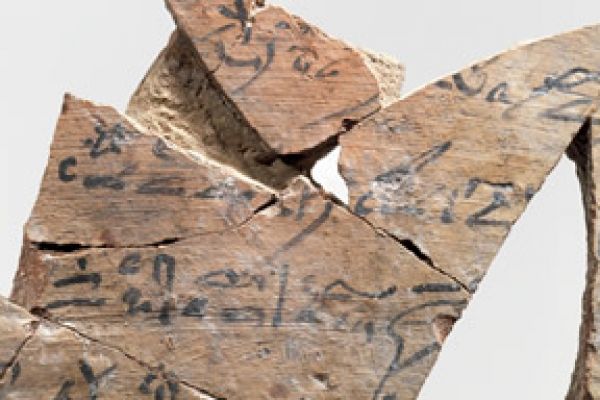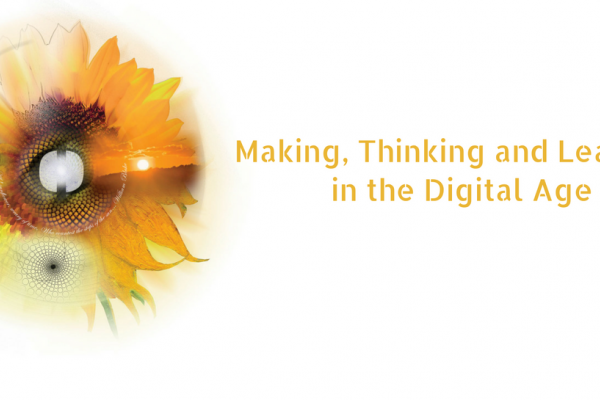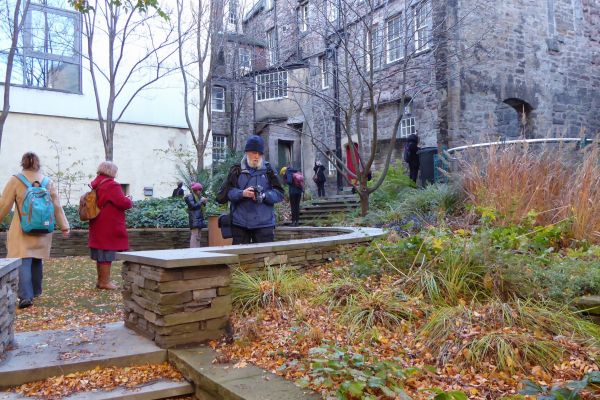News

New project with the University of Sydney: Methodological Innovations for Assessing Learning in Digital Spaces.
A collaboration with the Centre for Research in Learning and Innovation at the University of Sydney, developing and researching innovative pedagogical and methodological approaches to designing and assessing student learning in digital spaces.

CONSTRUIT 2017 conference call for papers: Making, thinking and learning in the digital age
13-16 July 2017, University of Warwick, UK

Launch of new Global Challenges Research Fund project
Colleagues from the Centre are collaborating in an exciting new cross-disciplinary research project led by the School of Geosciences at Edinburgh, which will be researching new ways to respond to earthquake and aftershock in crisis regions.
In partnership with Concern Worldwide, the University of Ulster, University of Plymouth, Leeds Beckett University and the British Geological Survey, we will be looking at how we might design educational interventions to help people make decisions before, during and after earthquake.

Wondering and shuffling through the Old Town: a walking seminar and playlist
Our colleague and doctoral student James Lamb has written about the recent Digital Education walking seminar (led by James with Jeremy Knox): ‘Wondering about the city: making meaning in Edinburgh’s Old Town’, which is accompanied below by Jen Ross’s excellent playlist, ‘Shuffling through the Old Town’. Do please read and listen alongside if you can:

Digital Cultural Heritage Research Network announces new events for 2017
Two events are taking place in early 2017.

We are recruiting: three undergraduate research associates needed!
We are appointing three Undergraduate Research Associates to work with us on a project looking at anonymous social media over this academic year. The three RAs will spend a total of 20 days each on the project, spread across specific weeks in October, December, January and May. They will be responsible for conducting a participant observation within Yik Yak and possibly other anonymous social media platforms, collecting data directly from these applications, coding it using specialist software, and writing four brief accounts of their findings.